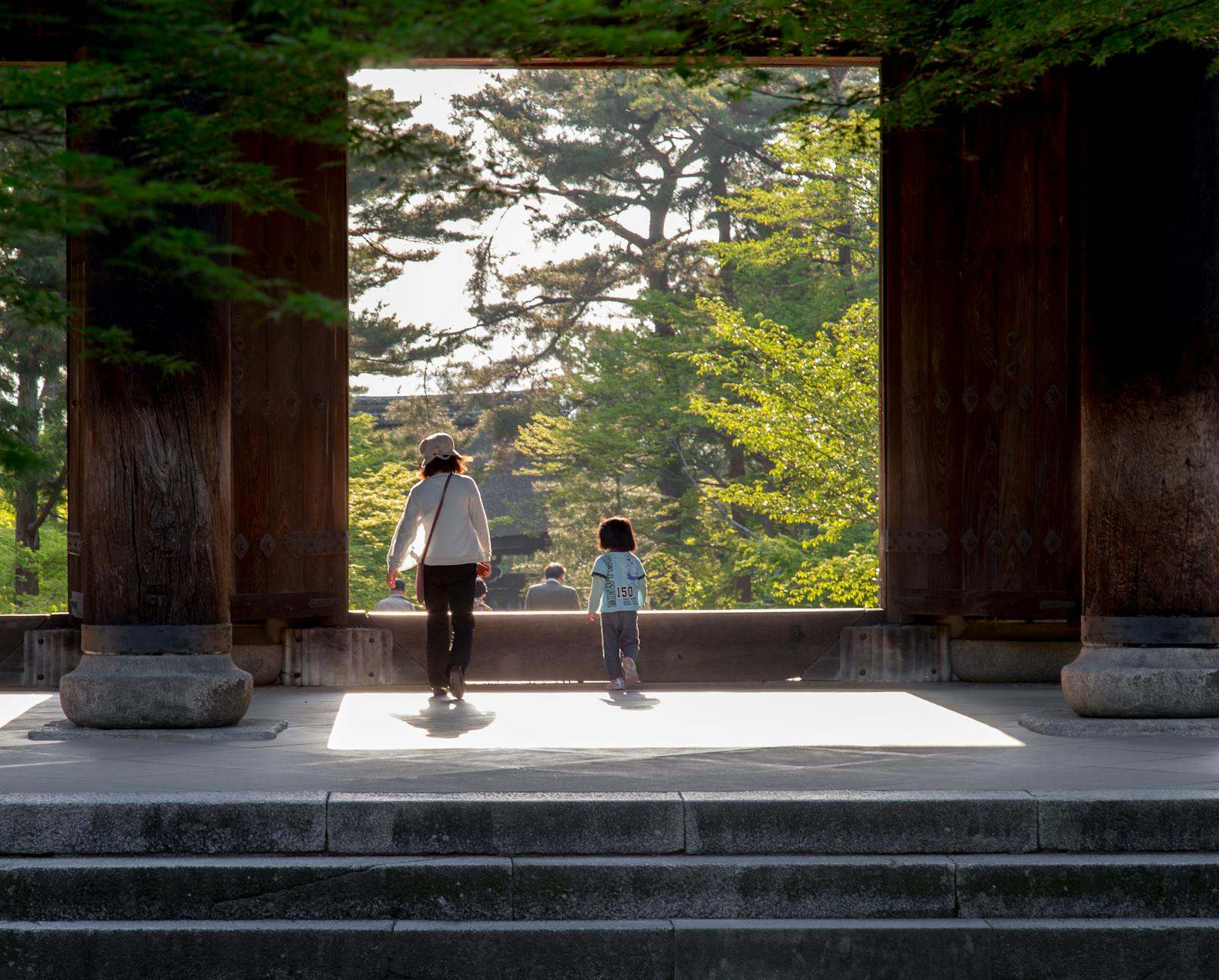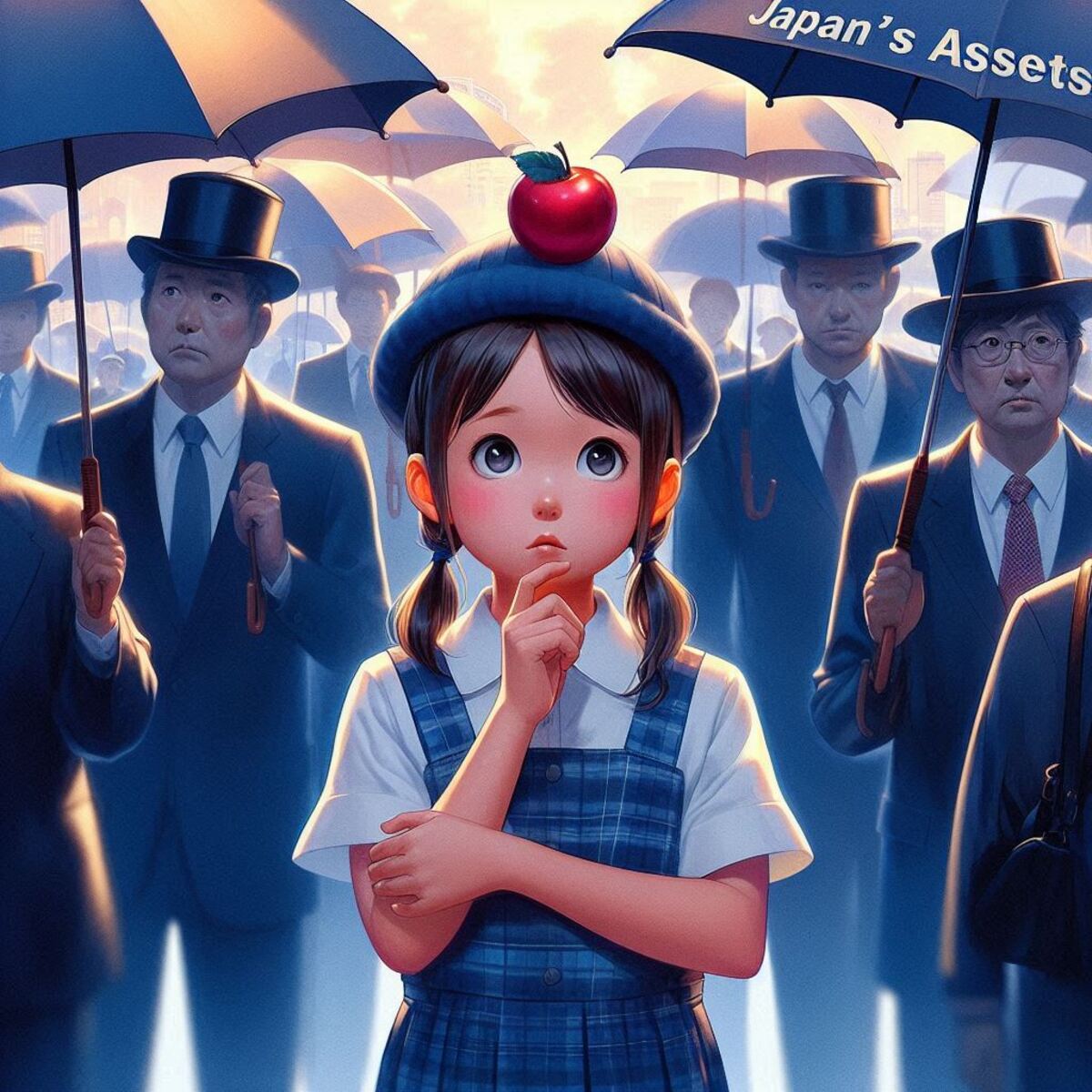“The Purpose of Wealth Isn’t Just for Me—It’s to Secure My Child’s Future.”
This perspective is quietly but increasingly guiding the decisions of high-net-worth individuals—leading many to embrace a compelling legacy strategy: purchasing real estate in Japan.
But what makes Japanese property so uniquely valuable for the next generation?
In this article, we explore the answer through four essential dimensions: education, safety, governance, and asset performance.
◆ The Educational Value
Japan is home to some of Asia’s most prestigious academic institutions—from the University of Tokyo and Kyoto University to Waseda and Keio—attracting students from across the globe.
What makes it truly compelling as an educational environment:
-
World-class academic standards
-
A strong presence of international schools
-
Exceptional public safety, creating a secure and peaceful environment for student life
As a result, more families are adopting a forward-looking mindset: “If my child might study or work in Japan someday, I want to ensure they have a home base they can rely on.”
◆ The Assurance of a Livable Asset
Unlike many other investment classes, real estate in Japan offers more than returns—it offers utility. It is not merely a financial holding, but a readily usable, habitable, and versatile property—available when and where your family needs it most.
-
A home for a child studying abroad
-
A stable, independent base for post-graduation life
-
A family residence for future milestones like marriage or raising children
-
A flexible asset with the option to lease or sell when desired
In essence, this is a tangible asset that evolves with life’s stages—not just something to hold, but something to live in.

◆ What Kind of Asset Won’t Burden Your Children?
When planning to pass on wealth to the next generation, the greatest risk is leaving behind something that is cumbersome, hard to manage, or difficult to monetize.
Urban real estate in Japan offers a rare alternative:
-
Clear holding costs (e.g. property tax, maintenance fees)
-
Streamlined inheritance procedures, with transparent registration and taxation
-
Strong value retention, with high liquidity for both sale and lease
This makes it an asset not just to inherit—but to use, benefit from, and rely on. In short, it’s a property that doesn’t create problems—it empowers solutions.
◆ An Asset—But More Importantly, a Choice
Real estate is not just a physical object. When located in a country like Japan—with its high quality of life, rich culture, and stable institutions—property becomes an asset that expands life possibilities.
-
No restrictive land ownership laws like those seen in Thailand or Hong Kong
-
Diversify the risk of currency across borders
-
A secure fallback should your child choose to live abroad in the future.
Ultimately, what parents can offer through real estate isn’t just monetary—it’s a broader spectrum of freedom.

“If anything were to happen to me, having a residence in Tokyo would give my children peace of mind. Leaving them a place to return to is more meaningful than simply leaving money.” — Thai Investor, Father of Two
“It wasn’t about giving them wealth—it was about giving them options. In Tokyo, they can lease it, live in it, or sell it. It’s an asset that remains usable and versatile.” — Hong Kong–Based Mother
◆ What We Truly Leave Our Children: A Functional Asset of Reassurance
The future is uncertain—which is precisely why the best gift we can offer is something they can rely on when life demands a decision or a safe haven.
Urban real estate in Japan stands out as a uniquely adaptable asset—equally suited for education, residence, or long-term wealth building.
And that’s exactly why more forward-thinking parents are choosing to invest in it.




